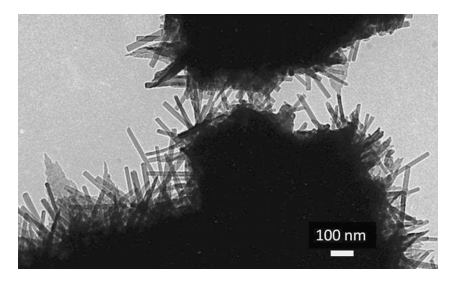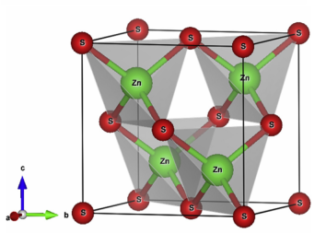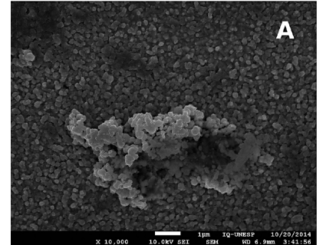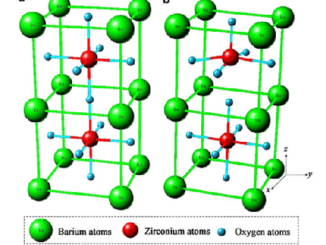
Diamagnetic, paramagnetic, and ferromagnetic properties of ball milled Bi1.65Pb0.35Sr2Ca2Cu3O10+delta powders
Abstract: We have performed a systematic study of the general physical properties of (Bi,Pb)(2)Sr2Ca2Cu10+y (Bi-2223) powders that were ball milled for time intervals of up to t(m) = 210 min. X-ray powder diffraction diagrams indicate that the phase composition of the samples seems to be preserved after the ball milling process, but the average grain size of the samples decreases appreciably with increasing milling time tm. For t(m) = 120 min, the transmission electron microscopy (TEM) images revealed the presence of Bi-2223 grains in the form of nanorods with a mean diameter of dg similar to 20 nm. The temperature dependence of the magnetic susceptibility, chi(T), showed the occurrence of superconductivity below T-c similar to 108 K in all samples studied and a progressive decrease of the diamagnetic contribution to chi(T) with increasing t(m). Such a decrease in the diamagnetic contribution to chi(T) is accompanied by an increase of a paramagnetic contribution that has its origin in a disordered shell of the milled grains. Increasing t(m) results in a progressive increase of the width of disordered shell further increasing the paramagnetic contribution to chi(T) that shows a very small diamagnetic component in samples subjected to large milling times. We have also found that the occurrence of oxygen vacancies in the disordered shell is responsible for a ferromagnetic contribution to chi(T) at high temperatures. Such a shell-core morphology of the milled grains, comprising a superconducting and diamagnetic core and a disordered and paramagnetic shell, is sufficient for interpreting the magnetic properties of the samples.
Author(s): Govea-Alcaide, E; Perez-Acosta, L; Kiyohara, PK; Jardim, RF
JOURNAL OF NANOPARTICLE RESEARCH
Volume: 17 Published: NOV 3 2015
DOI: 10.1007/s11051-015-3231-y




